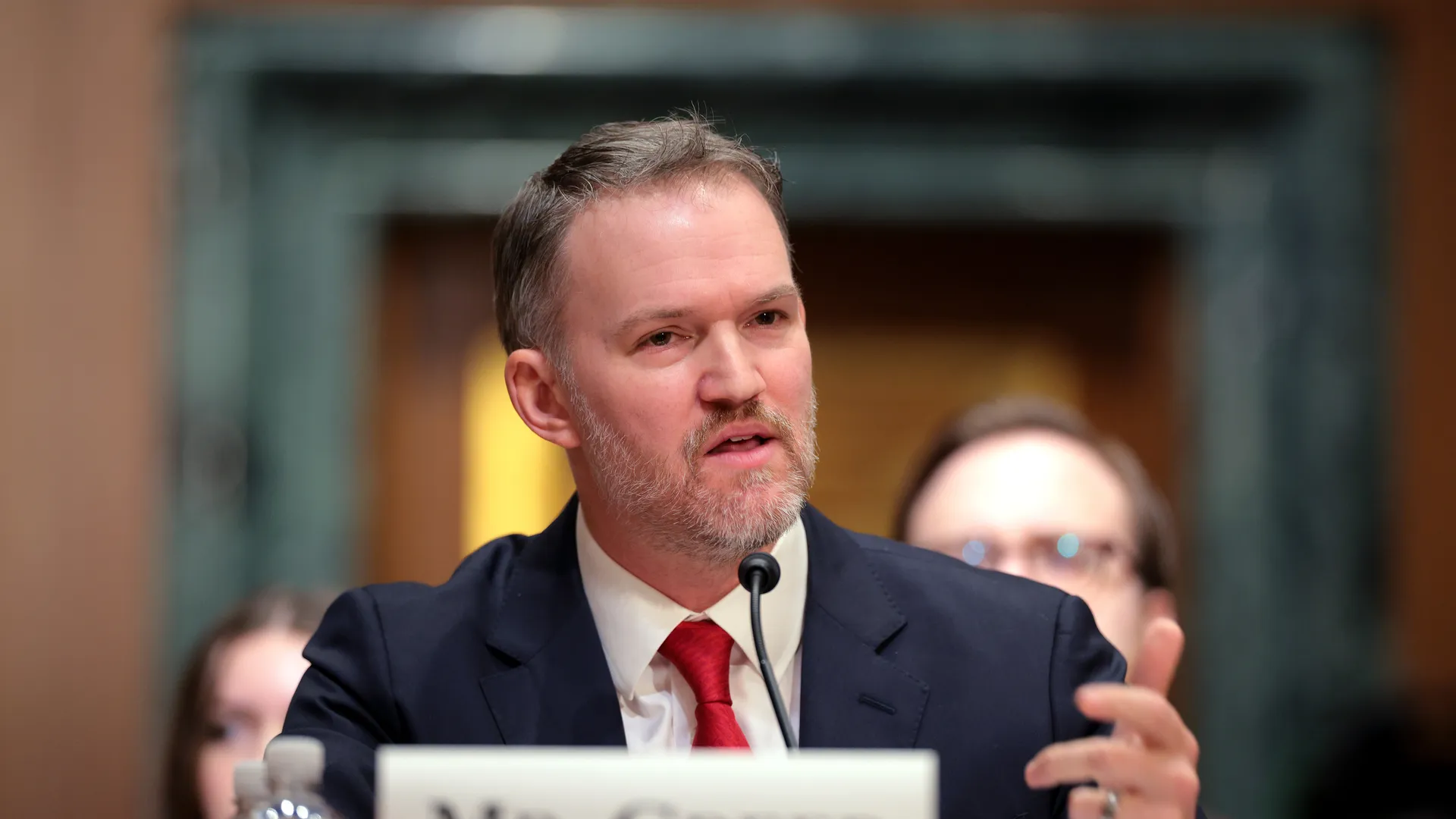US exposes Kenya’s weak grip on counterfeit trade in new report

The report highlights that counterfeit goods are finding their way into Kenya, mainly from China, India, Turkey, and Vietnam.
A new report by the United States has exposed Kenya’s growing struggle to stop counterfeit goods from flooding its markets, with authorities facing technical failures and financial setbacks in efforts to fight the illegal trade.
The 2025 Special 301 Report on Intellectual Property Protection and Enforcement, released by the Office of the United States Trade Representative, lists Kenya among countries with weak intellectual property (IP) enforcement, making it a hotspot for counterfeit products.
The report highlights that counterfeit goods ranging from electronics, medicines, and personal care items to foodstuffs, toys, automotive and aircraft parts are finding their way into Kenya, mainly from China, India, Turkey, and Vietnam.
Some of the fake items are shipped directly, while others pass through major transit points like Singapore and the United Arab Emirates before landing in Kenya.
The trade is said to be hurting both American businesses and consumers, exposing the public to potential health and safety risks.
"The problem of trademark counterfeiting continues on a global scale and involves the production, transshipment, and sale of a vast array of fake goods," the USTR stated in the report.
"The counterfeits are shipped either directly to purchasers or indirectly through transit hubs, including in Chile, Hong Kong, Kyrgyz Republic, Singapore, Türkiye, and the United Arab Emirates to third-country markets such as Brazil, Kenya, Mexico, Nigeria, Paraguay, and Russia, that are reported to have ineffective or inadequate IP enforcement systems."
According to the US, many companies that violate American firms' intellectual property rights tend to ignore product quality and safety in pursuit of profits, leading to a loss of confidence in original brands and increased costs for legal enforcement.
The sale of fake products not only weakens legitimate businesses but also denies governments tax revenue and deters future investment.
"Governments lose the tax revenues generated by legitimate businesses and may find it more difficult to attract investment when illegal competitors undermine their respective markets," the report noted.
At the global level, counterfeiting has grown into a massive industry, with its value estimated at $464 billion (Sh59.7 trillion), or about 2.5% of global trade, according to a previous report by the Organisation for Economic Co-operation and Development and the European Union Intellectual Property Office.
In Kenya, the Anti-Counterfeit Authority (ACA) has also faced challenges.
System outages in its Anti-Counterfeit Authority Integrated Management System (AIMS) led to fewer IP rights being recorded in the year ended June 2024.
ACA managed to register only 185 IP rights against a target of 300.
"Target [was] missed due to the Aims system outage and instability experienced, thus affecting the number of applications received and processed," ACA said in its review.
Kenyan laws require importers to register goods with ACA and declare their intellectual property rights before bringing the goods into the country.
Despite this, enforcement has struggled due to budget cuts. ACA reported conducting 8,040 inspections in the year ended June 2024, falling short of its target of 8,500.
Plans to build two depots in Mombasa were also put on hold for the same reason.
The report singles out Singapore as a key link in the counterfeit supply chain, citing weak coordination between Singapore’s customs officials and IP enforcement officers.
This has raised concerns among American companies about the ease with which counterfeit goods pass through the port.
"Our trading partners must address the concerns identified in the Special 301 Report and stop those stealing the intellectual property of hard-working businesses and individuals," wrote Jamieson Greer, US Trade Representative and a senior advisor on trade issues.
"President Trump has a track record of empowering our innovators and workers, and this comprehensive report is a basis for the United States to take trade enforcement action against those not playing fairly."
The report also reveals how counterfeiters are changing their methods to stay ahead of enforcement agencies.
Many now rely on express mail, courier services, and postal channels to send small packages rather than bulk shipments, making detection harder.
Others split the shipment of goods from the fake packaging and branding to avoid interception. Some have turned to online platforms to reach more customers.
"Counterfeiters also increasingly sell counterfeit goods on online marketplaces, particularly through platforms that permit consumer-to-consumer sales," the USTR noted.
"The Office of the United States Trade Representative urges e-commerce platforms to take proactive and effective steps to reduce piracy and counterfeiting, for example, by establishing and adhering to strong quality control procedures."
The growing counterfeit trade presents serious challenges to both Kenya and the international community, with the US urging partner countries to take the warnings in the 2025 Special 301 Report seriously and improve border controls, digital platform regulation, and IP laws.
